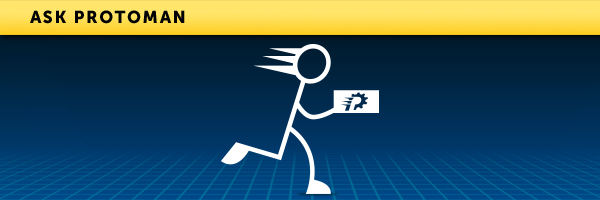The term “ABS prototype” has become synonymous with simply a prototype for a plastic part, but ABS actually stands for Acrylonitrile Butadiene Styrene—a particular additive manufacturing material with specific best use cases.
ABS is a copolymer plastic that possesses good strength and performance at a middle-of-the-road price point. It is often used as the cost and performance dividing line between standard plastics such as PVC, polyethylene, or polystyrene and engineering plastics such as acrylic, nylon, or acetal.
There is only one way to 3D print a “true” ABS prototype —and that’s with Fused Deposition Modeling (FDM). However, ProtoCAM can produce modern ABS-like prototypes using industrial PolyJet 3D printing. The ABS photopolymer is fabricated inside the PolyJet machine by combining two digital material options into one that is resistant to high temperatures, quite tough and capable of superior rigidity even with walls as thin as 1.2 mm.
The resulting ABS-like prototypes have 90% of the properties that an injection molded ABS would have—a firm requirement for test or demonstration pieces—and are ideal for creating molds, near injection-molded parts, pieces that have to withstand electrical currents, and prototypes that will be exposed to high or low temperatures.
FDM is still the only way to 3D print a “true” ABS prototype but when you need a functional part with good mechanical properties as well as great detail, feature sizes, and aesthetics, PolyJet is your answer.
For an even closer look to a real ABS part that would include color and texture – cast urethanes are an excellent choice. Cast urethanes can match the properties of ABS while also looking, feeling, and acting the part. Cast urethane prototypes can even be colored with pigment to mimic the visual quality of an injection-molded part.
In general, these guidelines typically apply:
- FDM ABS prototypes offer good mechanical properties but lack aesthetics
- PolyJet ABS-like prototypes offer both good mechanical properties and aesthetics
- RTV molded cast urethanes can match both aesthetics and mechanical properties of an ABS-like prototype
Whatever your needs, ProtoCAM’s engineers are available to provide advice on the right additive manufacturing method for your application. Contact us for more information, or request a quote today.

